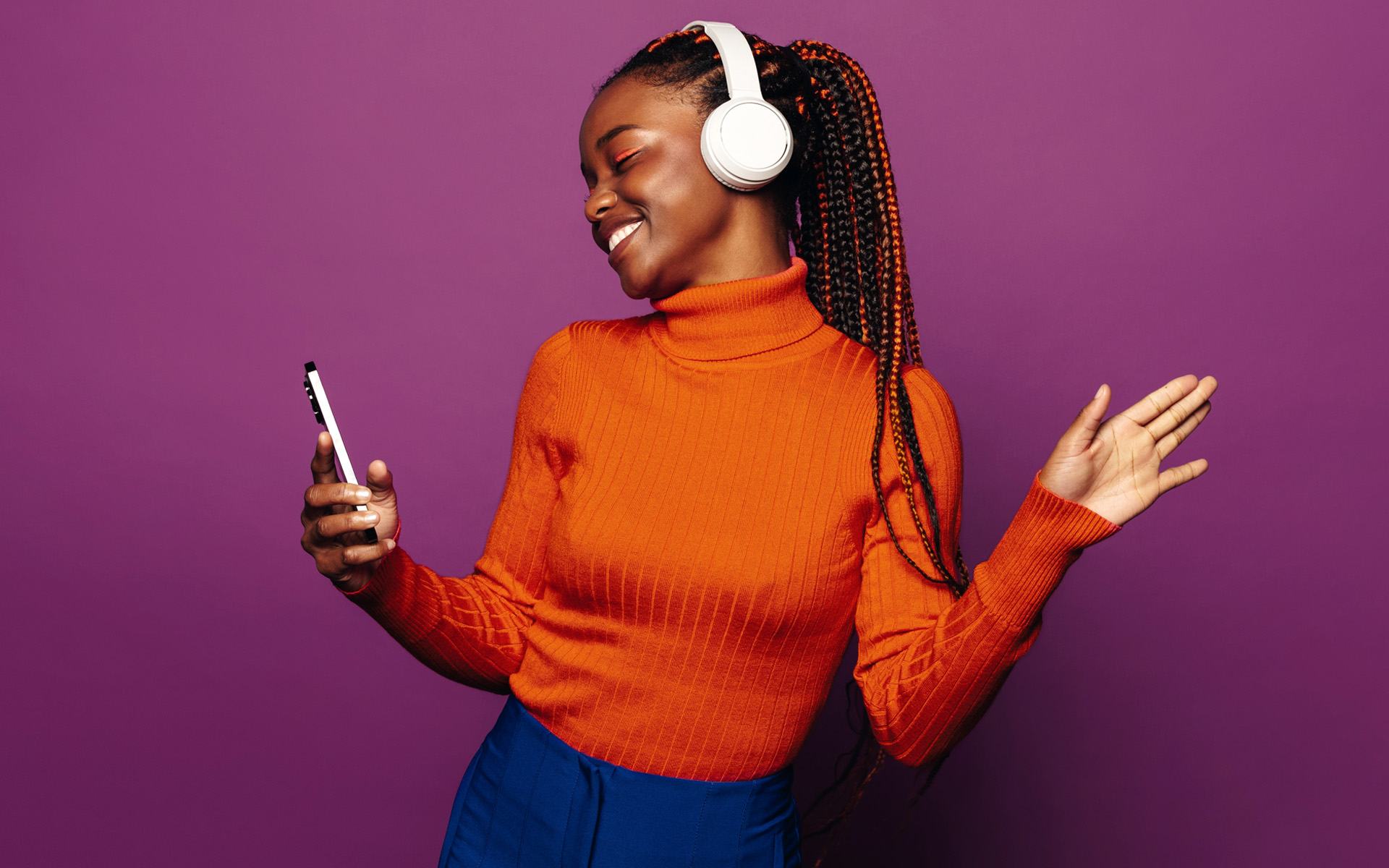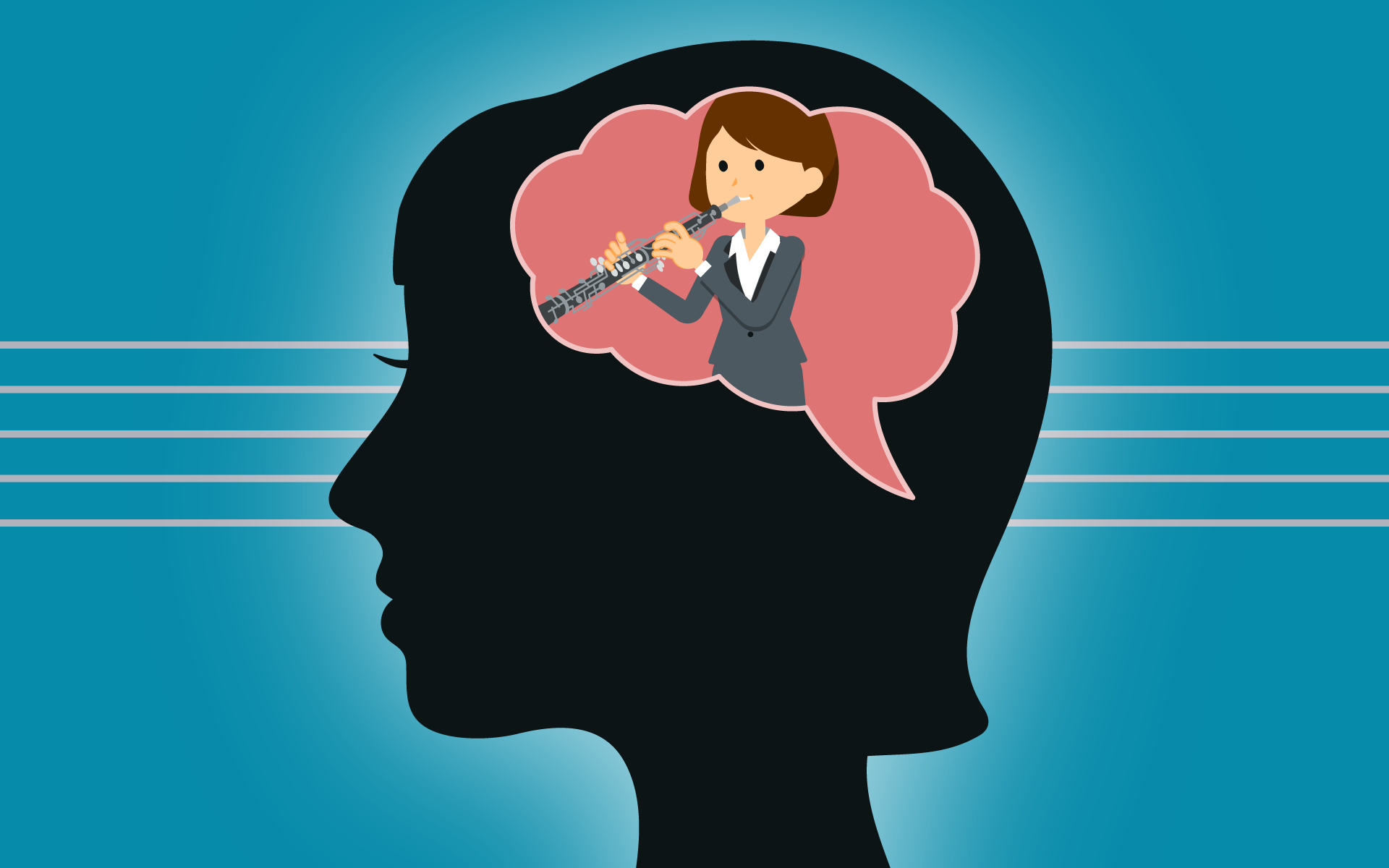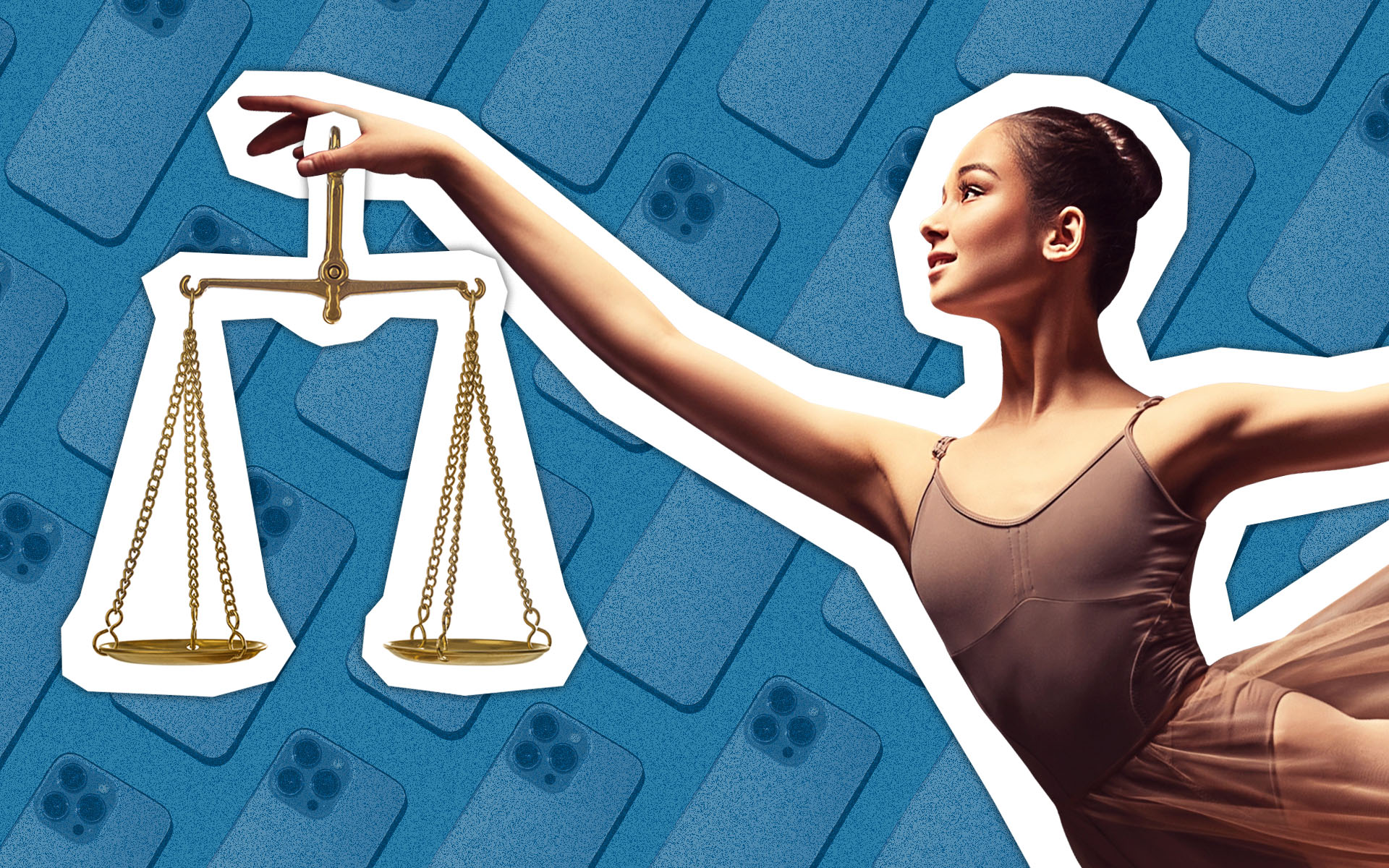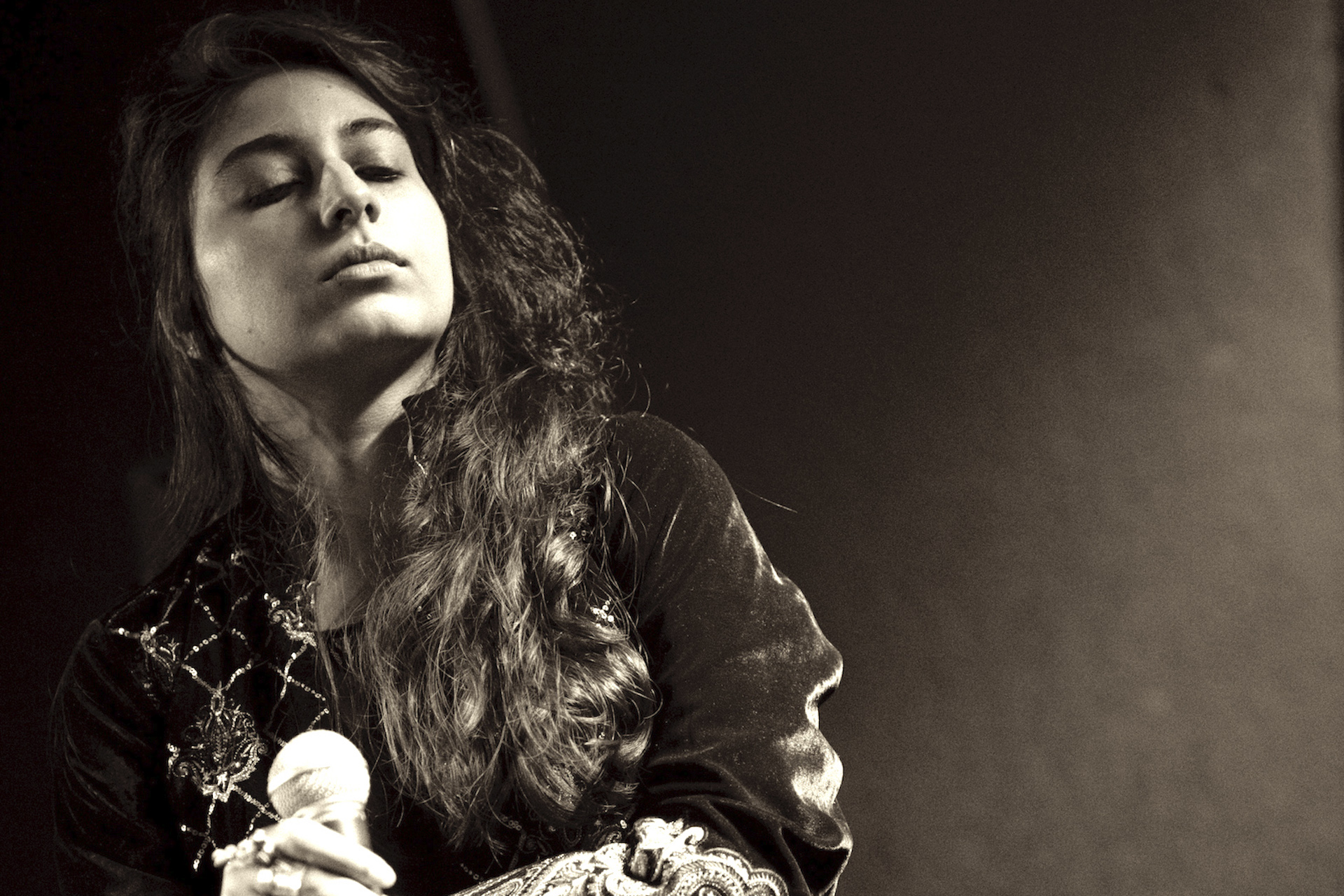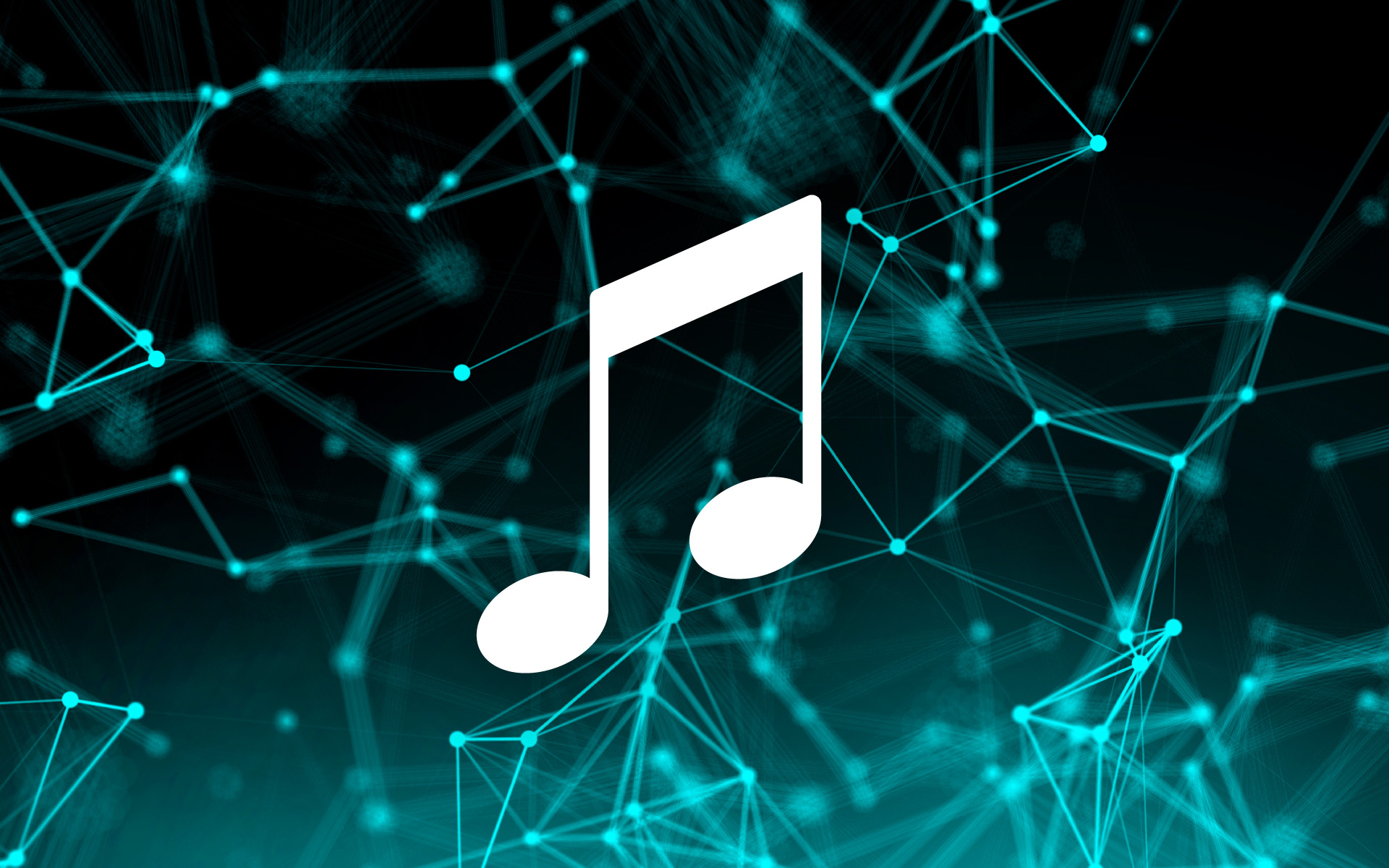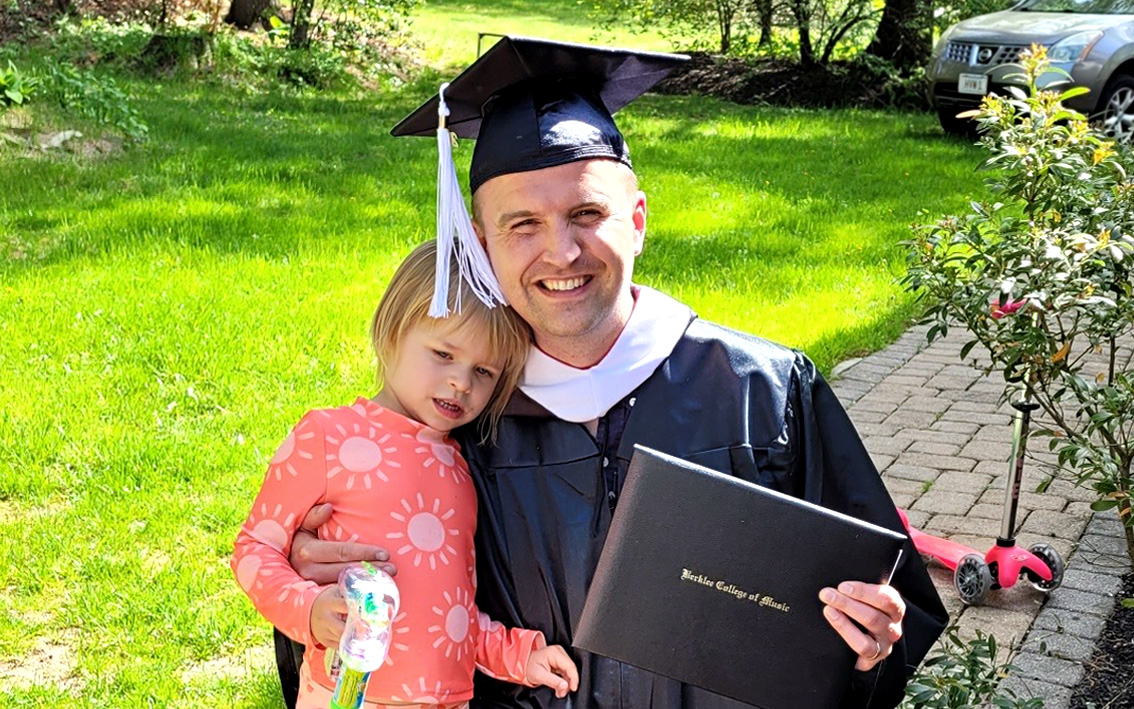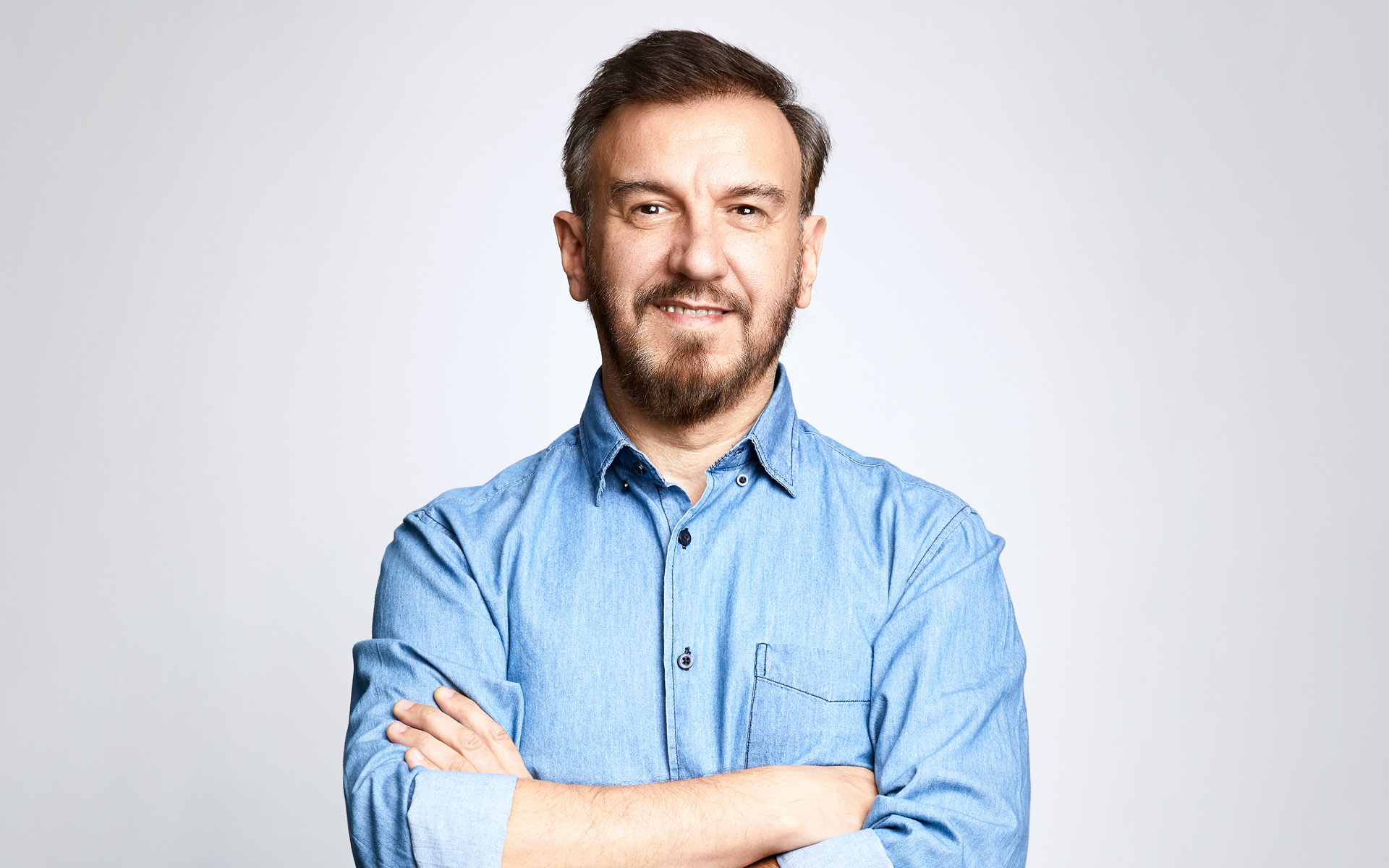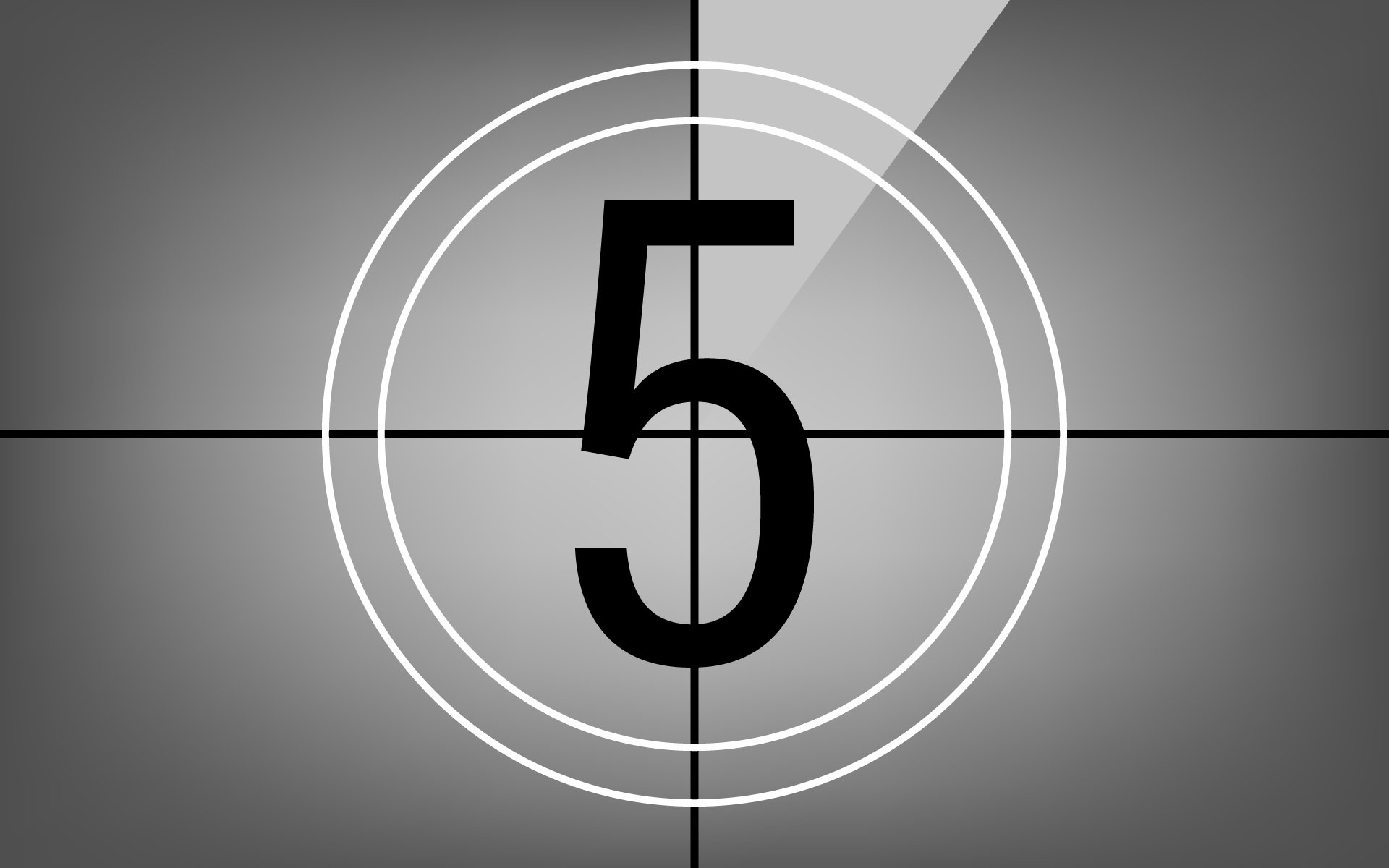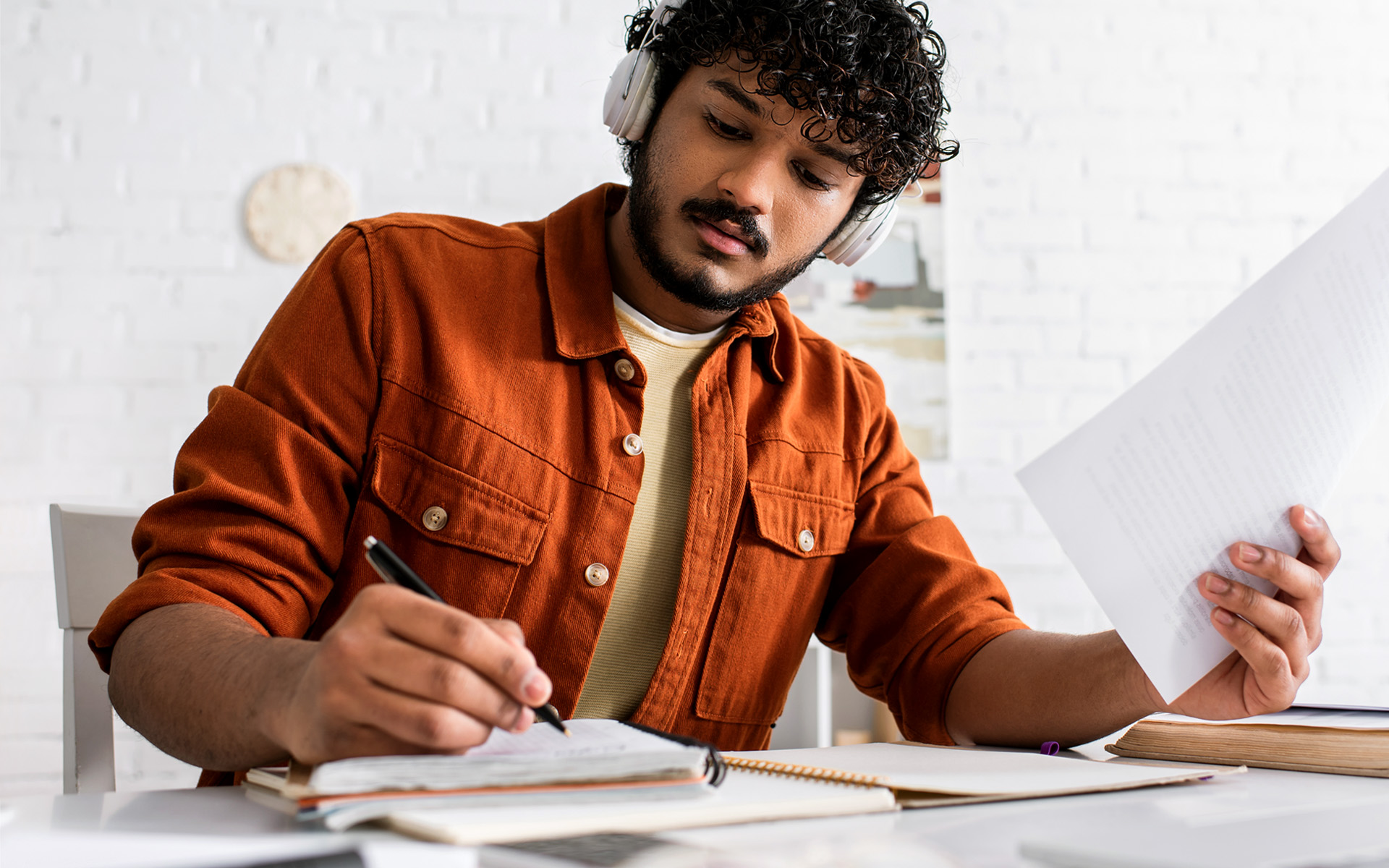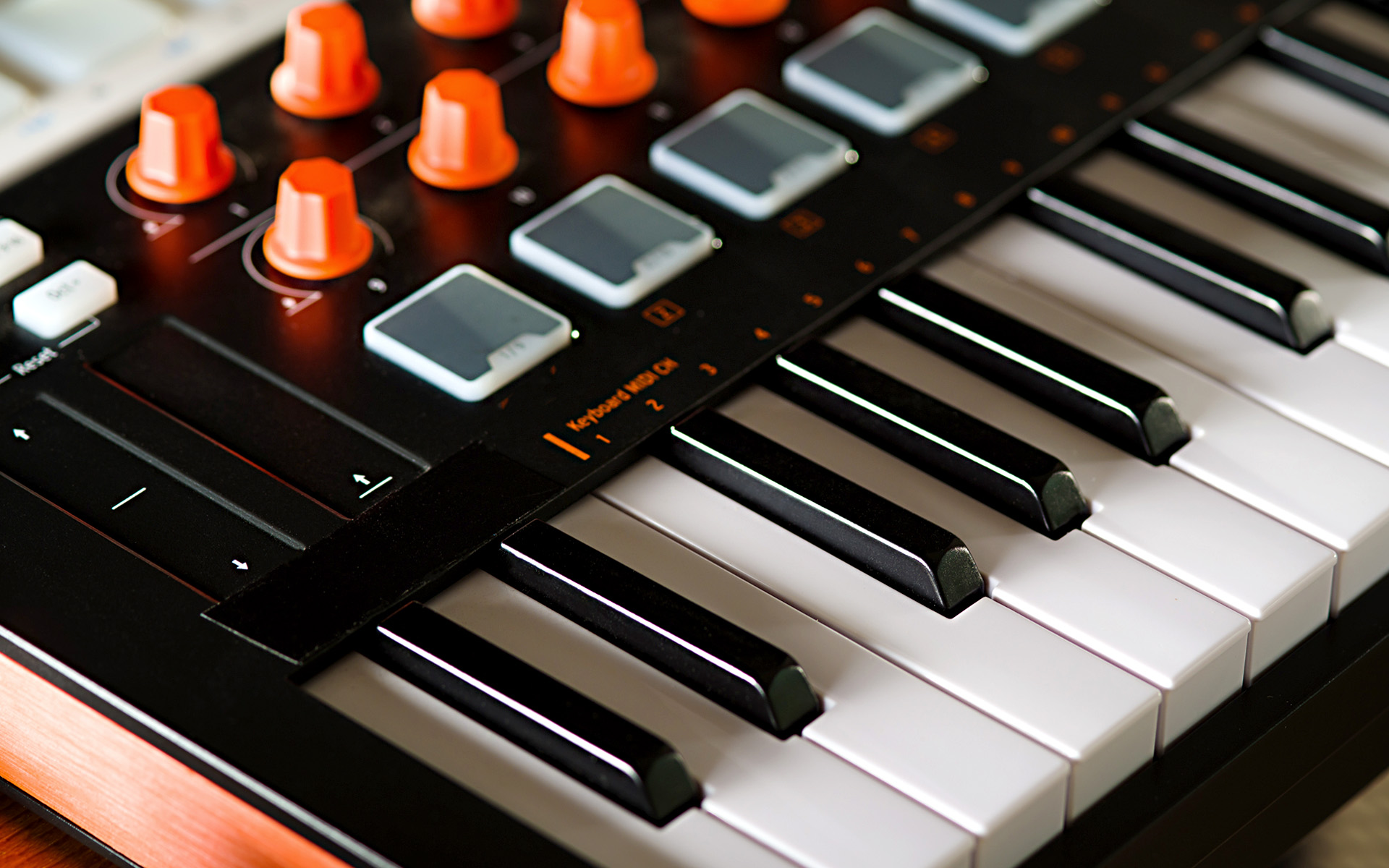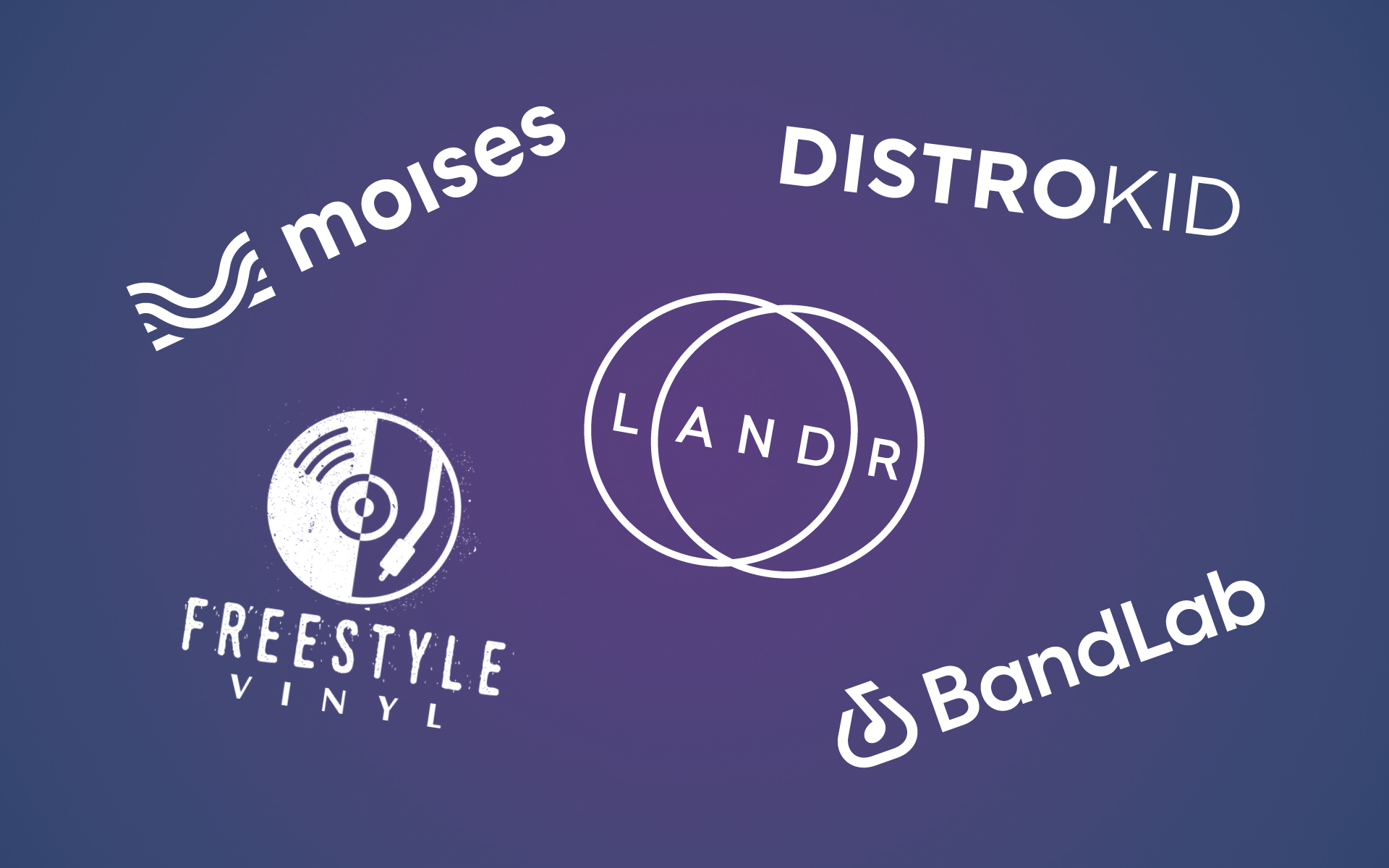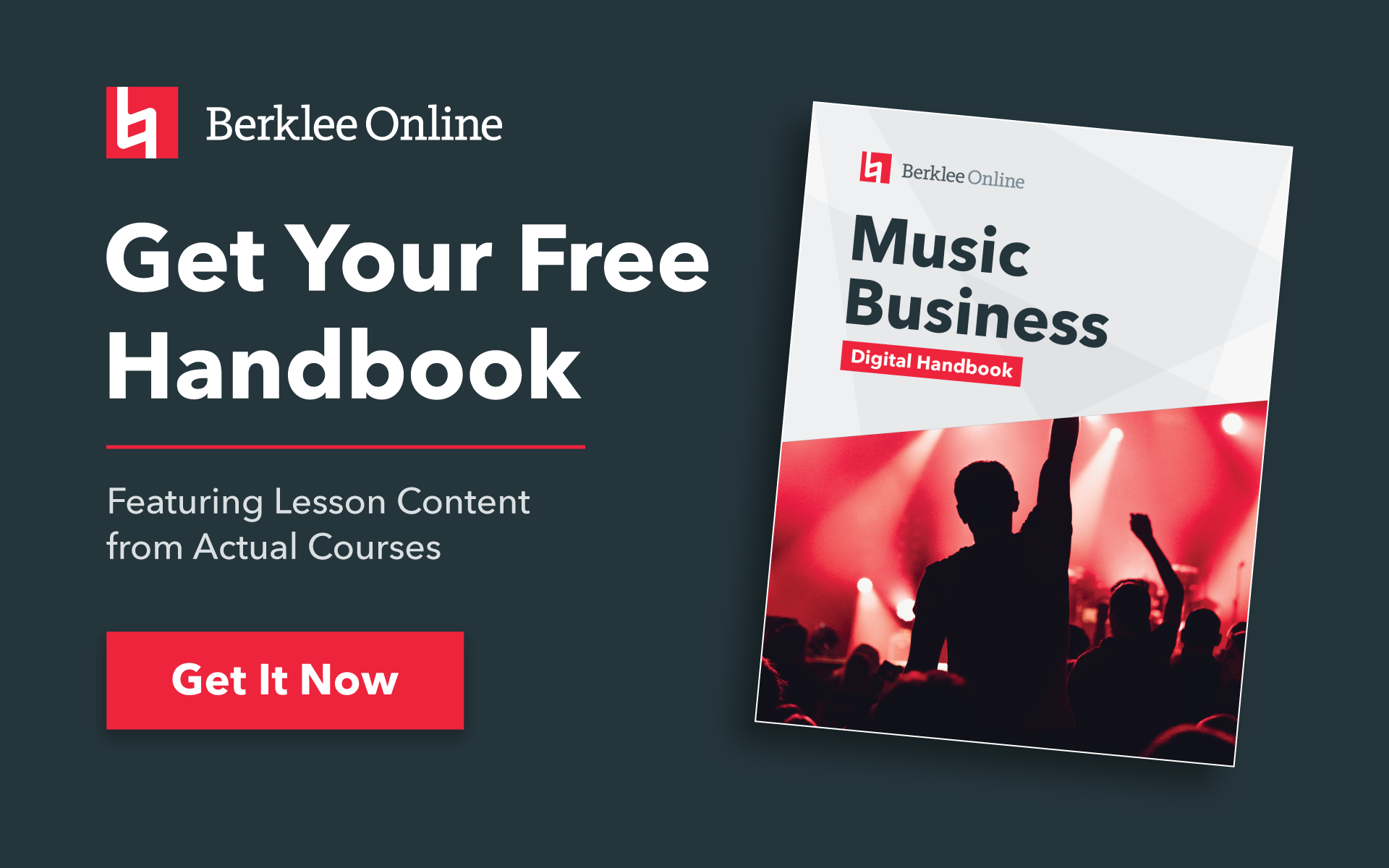The capabilities of AI music have been rumbling under the surface of the music industry for years, but it wasn’t until the release of ChatGPT in 2022 when the wider conversation about artificial intelligence began to proliferate in the mainstream. Where we stand now is that some musicians and music industry professionals are enamored by the possibilities of AI music, while others are wary of the unknowns, especially when regulation is still in its infancy. A study by the music distribution company Ditto found that nearly 60 percent of surveyed artists say that they use AI in their music projects, while 28 percent say they would not use AI for music purposes.
Christopher Wares, Assistant Chair of Music Business/Management at Berklee College of Music, is a proponent of AI music technology. He even wrote his master’s thesis on why Warner Music should invest in artificial intelligence, and this was back in 2016 (Spoiler alert: they did, along with all of the other major labels). Wares has introduced AI into his Berklee courses and has noticed a mix of responses among students.
“Some of my students love AI, and are already using it in a number of different ways, while others want nothing to do with it,” says Wares. “There’s a lot of heated debate in conversations, and I try to encourage my students to embrace this technology and find new ways to use it to enhance their creative processes.”
Another course author and instructor with a similar mindset is Ben Camp, Associate Professor of Songwriting at Berklee College of Music and author of Songs Unmasked: Techniques and Tips for Songwriting Success. They have been fascinated by AI music technology since 2016 after hearing “Daddy’s Car,” one of the first AI pop songs where the AI was trained on music by the Beatles.
Camp is also giving their students the option to explore AI in the classroom, as long as they verify any facts that come from ChatGPT or any large language model.
“I think everybody should make their own choice about it,” says Camp. “I mean, I have friends that still have flip phones because they aren’t comfortable with having all their information on their phone. I have friends that still have landlines. So I’m not saying, ‘Hey everybody, you need to do this.’ But it’s certainly here. It’s not going away. It’s only going to get better.”
Whether you’re actively using AI in your music, or have some hesitations, it’s becoming increasingly clear that AI is going to be a big factor in the music industry going forward. With the expertise from Wares and Camp, we’ll discuss the current state of AI in the music industry, including the tools that are available now.
What is AI Music?
Before defining what AI music entails, let’s first define artificial intelligence. Here is Wares’ definition:
“Artificial intelligence is like the brainpower of a computer; it’s the technology that allows machines to mimic human thinking or behavior, such as problem-solving, learning, or recognizing patterns.”
In the context of music, AI technology has reached the point where it can generate, compose, and enhance musical content that has previously been performed by humans. AI music can take many forms and types of assistance, from generating an entire song from start to finish, to writing specific aspects of a composition, to mixing and mastering a production, to voice cloning, and more. We’ll also list some specific AI music tools that can perform these tasks, the capabilities of which have opened a Pandora’s box on issues of copyright.
Copyright and AI Music
One of the most debated issues with AI in the music industry is around who makes money off of a work that is created using AI, especially if the algorithm is trained using existing copyrighted material. In March 2023, the U.S. Copyright Office launched an initiative to investigate copyright issues associated with artificial intelligence. Camp is confident that regulators will step in to create a patch, but is concerned that it isn’t straightforward to solve because of the US copyright system that artists are working within.
“The series of laws and precedents that ended up with our modern copyright system just do not fit with what’s going on in music right now,” says Camp. “I do think that creators should have attribution and should be credited and should receive compensation. But again, the whole system that we’re doing this through is way outdated.”
Legally AI music is still in a gray area, and it raises the question of whether there can be a compromise where artists are credited, compensated, and consenting to having their work or likeness used for AI, without limiting the potential for musical creativity using AI technology. To a certain extent, art is derivative of other art, and in this current moment it’s blurry what is inspiration and what is stealing. Some record companies are starting to fight back.
In May 2023, Universal Music Group urged streaming services to block the use of AI-generated music, claiming that it’s using their artists’ music to train its algorithm, and that they would take legal action if needed. Spotify responded by taking down 7 percent of AI-generated music on its platform, which equates to tens of thousands of songs. In July 2023, UMG called on Congress to enact nationwide policy to protect creators from AI copyright infringement. The record label is one of 40 participants to join the Human Artistry Campaign, an organization advocating for responsible use of AI.
Drake and The Weeknd
While there isn’t much legal precedent for voice cloning, for celebrities it could fall under their right to publicity as a violation of appropriating their likeness, name, and voice. One of the key examples from the past year was when a TikToker who goes by the name Ghostwriter used AI to create a fake duet between Drake and The Weeknd titled “Heart on My Sleeve.” The song was taken down, but there are still versions floating around the internet.
“On one hand, it could be argued that this is an original work,” says Wares. “On the other hand, this could be considered as a form of infringement because the AI learned how to write lyrics in the style of Drake by analyzing his catalog, without his expressed permission. Another issue is the unauthorized use of the artists’ names and likenesses.”
The ability to replicate someone’s name and likeness using AI is a concern that is felt by those in the music industry, as well as the entertainment industry as a whole. One of the big demands of the current SAG-AFTRA strike is to protect writers from having their work used to train AI generators, and actors from having their image and voice replicated indefinitely without consent.
AI Ethical Issues
Copyright is just one of many ethical issues associated with AI, and it’s important to remember that this technology and its evolution does not come without consequences.
One of the immediate concerns is bias in data set training. An example is AI rapper FN Meka, who was signed by Capitol Music Group in 2022 and subsequently dropped for perpetuating racial stereotypes.
“One of the main concerns is garbage in, garbage out,” says Camp. “If we train these language models, or these image generators, or these music generators on data that is inherently biased, inherently racist, then whatever we ask for is going to perpetuate those stereotypes. We need to make sure that we’ve got good data going in and that we’re monitoring it.”
The monitoring of this data doesn’t come without harm either. Another ethical concern is the training process called “reinforcement learning,” which involves providing human feedback for a range of disturbing content. A recent episode of The Journal. podcast from the Wall Street Journal focuses on a data worker from Kenya who among many others helped train ChatGPT from knowing “right from wrong” at a very high mental health cost.
“This basically involves giving a thumbs up or a thumbs down to the answers,” says Camp. “Is this an inappropriate answer? Is this too violent or graphic or disturbing? OpenAI has contracted out this work to people in Kenya, paying them $2 an hour to read through these answers. So imagine that you get paid $2 an hour to show up at work and read some of the most horrific, psychologically disturbing text, and you do this for 10 hours, and then you go home and all that’s running around in your brain. So there’s a lot of downsides to how the sausage gets made currently.”
AI Music Tools
Now that we’ve covered what AI is as well as some of its big shortcomings, we can discuss the AI music tools that are out there. At Berklee Onsite 2023, an annual music conference held on the campus of Berklee College of Music in Boston, Wares shared several AI music tools to be aware of; some that you can start exploring right now, and some that you may just want to know are out there.
BandLab SongStarter
BandLab’s SongStarter app is an AI-powered song generator that allows you to choose a genre, enter some lyrics (and emojis), and it will produce royalty-free ideas. You can then carry these ideas over to their studio feature to make it your own. This is a great way to get started on a song if you need some initial inspiration.
Midjourney
As one of the more popular AI image generators, Midjourney can be used to create album art, song art, posters, a Spotify loop, art for merch, and more. What sets it apart from some of the other AI image generators is its surreal, dream-like style that can be better suited for musical projects. The program is easy to use, but there’s a definite learning curve. Like many new tech programs, make sure to watch some tutorials before diving in.
Mix Monolith
The Mix Monolith plug-in is an automatic mixing system from AYAIC that will level your mix. In an article from Mix Online, the developer says, “its purpose is not to create a finished mix automatically, but to set the fundamental gain relationships between tracks and ensure proper gain staging.”
LANDR AI Mastering
LANDR’s AI mastering tool allows you to drag and drop your track into the program, which it will then analyze and offer simple selections for style and loudness. After making these two selections, the program will master your track, giving you more options for file type and distribution method. LANDR boasts more than 20 million tracks that have been mastered through their program.
AIVA
AIVA is a compositional AI program that has been trained with more than 30,000 iconic scores from history. You can choose from several different preset styles of music, from modern cinematic to twentieth-century cinematic, and tango to jazz. Then you have the option to input the key signature, time signature, pacing, instrumentation, duration, and more. If you don’t know what to input, AIVA will do it for you. Finally, you can generate a track, adjust the instrumentation, and download a variety of file types. As a subscriber, you have the full copyright license to anything that you create.
ChatGPT for Musicians
One of the most used AI tools, ChatGPT from OpenAI, has an abundance of uses for musicians. The company is currently under investigation by the Federal Trade Commission, and therefore you’ll want to take precautions about what kind of information you share with ChatGPT, as well as confirming any facts you retrieve from ChatGPT.
With that in mind, the program does have the potential to reduce the time you spend on tasks that take you away from actually making music. Wares and Camp have been experimenting with ChatGPT ever since its release and have some specific prompts that could come in handy for musicians and music professionals.
Social Media Strategy
Social media can be time-consuming for a DIY musician, and ChatGPT can help lighten the load. Wares says that you can first prompt ChatGPT with what kind of artist you are, what genre of music you play, and what your passions and interests are. Then you can ask for 30 pieces of content for the next 30 days for TikTok, Instagram, Facebook, or whichever social media platform you are using. Not only can you ask for social media content ideas, but you can ask ChatGPT to produce the optimized captions and hashtags as well. Check out some ChatGPT social media tips here.
Tech Riders for Touring
When going on tour, musicians typically hire somebody to put together a technical rider, which documents all of the specifics needed to run their show. This could be for equipment, stage setup, sound engineering, lighting, hospitality considerations, performance contracts, tour routes, venue options, tickets prices, and more. Wares says ChatGPT can be the entity to write that technical rider, and recently worked with a band to plan their tour using this technology.
“We started by creating their technical rider, which included backline requirements, a detailed input list, and even specific microphone recommendations, all based on a few simple prompts,” says Wares. “Then we asked for tour routing recommendations in the Northeast, how much we should charge for tickets, as well as ideas for merch based on the unique interests and demographics of the band’s fanbase. What would have taken days to complete was done in less than an hour.”
Lyric Writing
If you need help getting started on song lyrics, need inspiration, or could use some word suggestions, ChatGPT can be a helpful tool for songwriting. Camp gives an example of working with Berklee alum, Julia Perry (who interviewed them for a Berklee Now article about AI and music) to generate some song ideas using ChatGPT.
“We were talking about how the universe is magic and how she wanted to express this deep unknowable truth about the universe,” says Camp. “And I basically info-dumped everything that she said into two or three paragraphs, and said [to ChatGPT], give me 20 opening lines for this song.”
They ended up using one of the 20 options as a jumping off point for a new song.
Content Writing
ChatGPT can help with a variety of content and copywriting tasks, whether it’s writing a press release, a bio with multiple character length options, an album release strategy, a blog post, website copy, an email pitch, and more.
Agreements and Contracts
In a perfect world, you’d have a lawyer to write and review all of your agreements and contracts, but that’s not always realistic or affordable. In some instances you could have ChatGPT draft an agreement, as opposed to having nothing at all. This could be used for management agreements, band agreements, split sheets, performance agreements, and more. But again, an entertainment lawyer is always preferable whenever possible.
To Embrace or Resist?
One of the recurring themes when it comes to AI and other burgeoning technologies is that it’s going to be a big part of the music industry (and most industries) going forward and that ignoring it isn’t going to help the industry’s future leaders.
“I think that AI can enable my students to increase productivity and support their creative process, and allow them to focus on the things that matter most to them, which is typically making and playing music, or exploring new business ideas,” says Wares. “However, as a responsible educator, I need to ensure that my students don’t become overly reliant on these tools, and I am constantly seeking ways to use AI to help develop their critical thinking skills.”
Camp agrees, and also encourages people to do what’s comfortable as AI continues to evolve.
“I certainly encourage you, if you want to stay current and relevant and use technology to further what it is that you are on the planet to do, then yes, get on board with it,” says Camp. “However, like I said, I have friends that use landlines. I have friends that prefer buying vinyl records. AI is here. It’s making a huge impact. You certainly don’t have to use it, but a lot of people are choosing to.”
AI at Berklee Online
Recently, Berklee Online established an initiative titled ARIA: AI-enhanced Realities & Immersive Applications. Leading the endeavor is Gabriel Ryfer Cohen, who is Associate Director of Support and Audio Technologies at Berklee Online, as well as a Berklee College of Music alum.
“Like calculators, computers, the internet, and search engines before it, GenAI isn’t going anywhere.” says Ryfer Cohen. “Disregarding a reality where all of these tools are readily available is a disservice to students. . . . Teaching students how to best—and responsibly—employ these technologies as empowering tools is, perhaps, a more worthwhile endeavor than trying to battle them.”
And just because AI is going to be a big part of the future of the music industry, doesn’t mean we can’t be critical of this new technology or that we can’t advocate for safeguards.
“At the same time, we must oppose the proliferation of mediocrity and creative numbness fueled by the mindless use of GenAI, while remaining cognizant and proactive about ethical issues,” he says. “There is nothing easy about it, but we should consider that developments in AI also enable potentially transformative educational experiences.”
Through the ARIA initiative, Ryfer Cohen says that Berklee Online will keep exploring these new tools, and once they have been tested and scrutinized, only then will the school consider implementing them into the course experience.
“Ultimately, we must not forget that, for students and educators, audiences, and creators, all of these powerful tools remain just that: tools,” says Ryfer Cohen.

